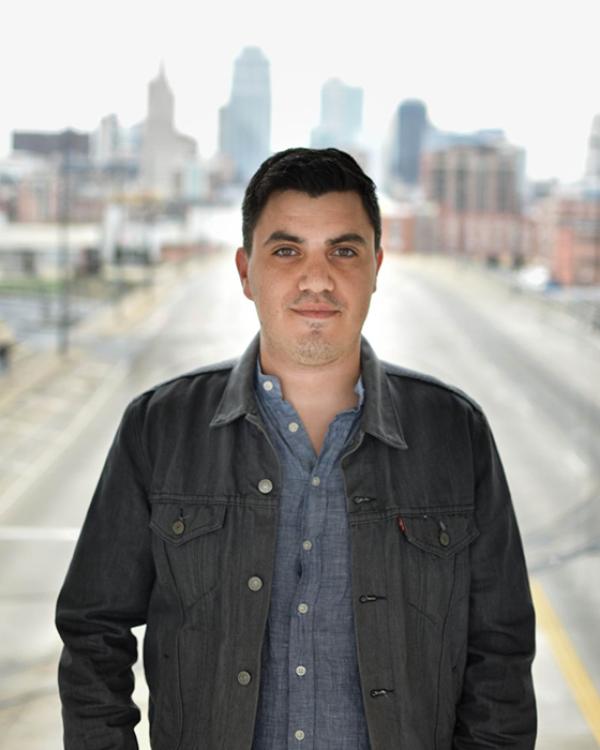
Christopher Ozuna completed his Ph.D. in education policy in the Department of Education with his advisors, Dr. Carolyn Sattin-Bajaj and Dr. Michael Gottfried. He earned his B.S. in Human Development from UC Davis and his M.S. in Educational Psychology from UW Madison. Ozuna’s research focuses on better understanding the impacts of community resources and policies on students and schools using mainly quantitative methods. He has worked on projects involving transportation and school attendance, the availability of school-based health centers as well as teacher education through the CTERIN group. Before coming to UCSB, Ozuna taught 4th and 5th grade for the Madison Metropolitan School District in Wisconsin, where he became interested in social justice and restorative practices in an elementary context and how policy shapes equity in schools.
GGSE: Tell us a little bit about your GGSE Ph.D. work.
Ozuna: My dissertation is a set of three papers looking at different issues in education policy at different levels: local, national and global levels. I'm particularly proud of a comparative study I did looking at teacher education programs in California and Denmark. It built on the last few years of work & learning I've done in the area of teacher education, especially with the CTERIN group, and I was able to visit Denmark for six months to interview teacher candidates and instructors about their system and their views on the role of schooling.
GGSE: What led you to focus on examining education in graduate school?
Ozuna: I started my career in education as a classroom teacher. I taught 4th and 5th grade in a public school in Madison, Wisconsin for seven years. During that time, I kept finding myself being drawn to system-level thinking and how I could better understand, and improve, our public education system in the US. That led me to a policy path, and I realized I would need to develop the type of research and analysis skills needed to participate in the shaping of education policy.
GGSE: How has GGSE impacted your passion for education?
Ozuna: I chose to attend GGSE for my Ph.D. work because I was drawn to the people who are there. I am very grateful to have worked with a group of very brilliant, driven and kind people. I entered GGSE with somewhat of an idea of what the next few years would look like, but it turned out quite different in very positive ways. I was exposed to ideas and topics that I was not aware of before I started this program, and it has greatly shaped my current understanding of education, and helped to renew my passion and commitment to our field.
GGSE: What’s next for you?
Ozuna: Since this past fall, I have been working for the ASU Helios Decision Center for Educational Excellence, an education action center based out of Arizona State University here in Tempe, AZ. I'm working here on a 2-year fellowship through the Strategic Data Project, and while our Center focuses on a variety of statewide education projects, I'm mostly working on a tool that helps public AZ high schools identify how their students fare in the state's public higher education institutions. The project is a blend of the interests I cultivated at GGSE: use of large-scale data, direct partnerships with schools and districts, and implementing change at a system level (in this case, an entire state).
GGSE: Are there people at the Gevirtz School you would like to thank?
Ozuna: There are so many people I'm glad to have met at GGSE and I'm thankful for their mentorship, support, and friendship. Thanks especially to my committee: Michael Gottfried, Carolyn Sattin-Bajaj and Tine Sloan. I'm also grateful for the mentorship of Sharon Conley, Andy Maul & Eva Oxelson. Working with a wide variety of other students at GGSE has also been crucial in my own path to a Ph.D., and I'm so excited to see what other classmates do after GGSE. In particular thanks to Jonathan Downey, Lorna Gonzalez, Jacob Kirksey & Michael Lloydhauser for your friendship: it's always easier going through something with the support of others.